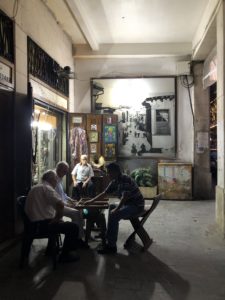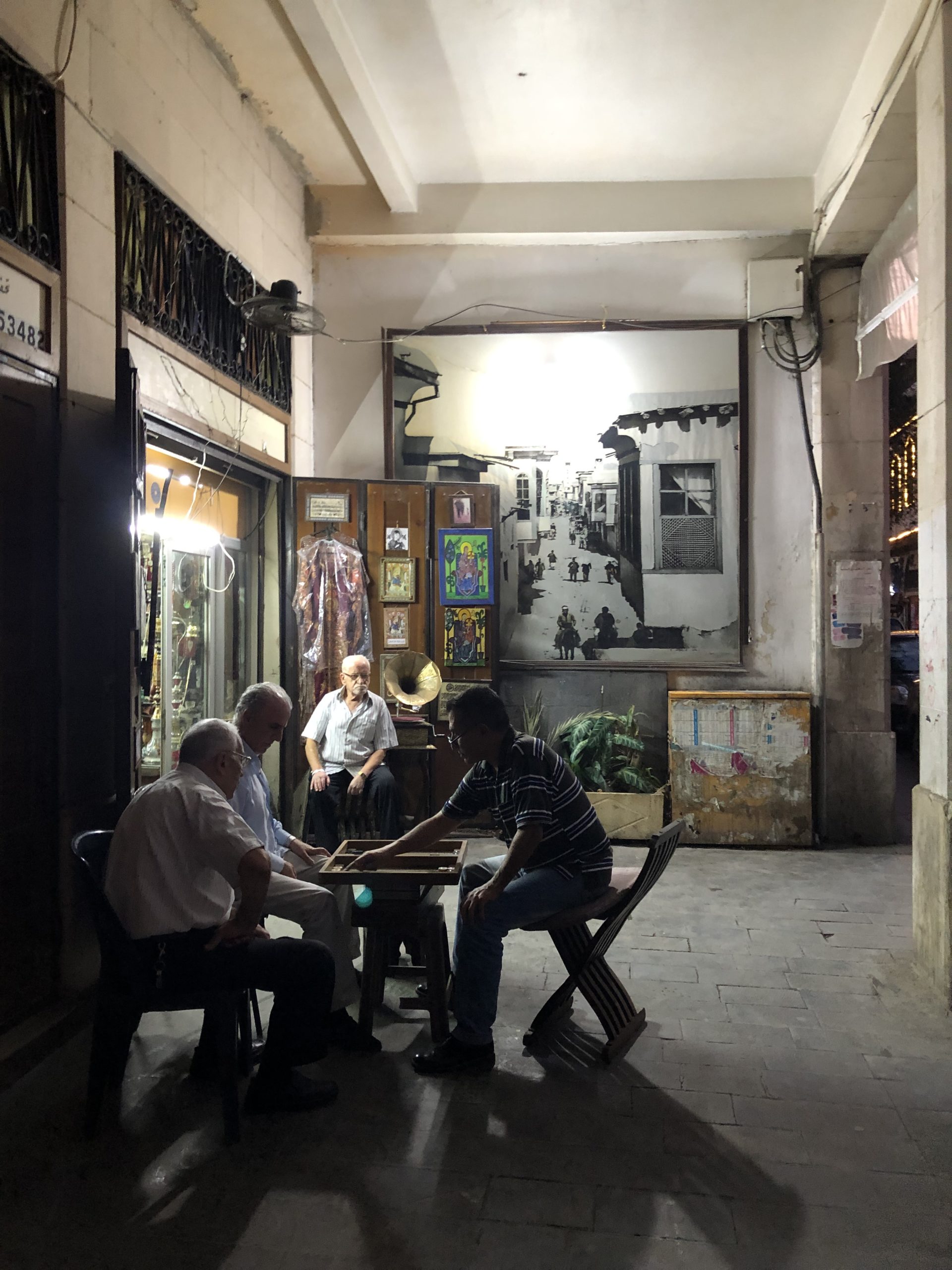The Uprising: Ten Years On

Ola Rifai
What Syrians might be asking themselves today?
“It will take ten years [for peace and prosperity to prevail.]” This would be the immediate response for many Syrians when asked about their stance on the Syrian Uprising in its very early stages.
Well, it has been ten years. Yet peace still seems far out of reach. Certainly, writing a blog on the tenth anniversary of the Syrian Uprising can be painful. Unlike academic papers in which the author to some extent de-attaches from feelings, while maintaining focus on theories and framework, blogging involves sentiments. And not a single Syrian would look at the calendar today without experiencing a combination of emotions. It is March 15th 2021. Ten years ago, Syria looked extremely different. The Syrian people as well, their lives changed forever.
Grief, sadness, pain, and maybe some hope, are all feelings that Syrians experience today while attempting to answer some of the questions revolving in their minds.
“Kenna ‘aysheen… We were living a normal life, so why did this [Uprising] happen?”
Yes, Syrians were living in peace, relatively speaking, but were deprived of their basic citizenship rights. Yes, Syrians were living in peace, but with neither voice nor opinion. No one was allowed to speak in the ‘kingdom of fear’. On March 15th ten years ago, Syrians dared to speak out and were liberated from feas. Although protests were inspired by the so-called Arab Spring, regime policies and rhetoric throughout the past two decades seem responsible for the outrage in 2011. The bottom-up discourse was not simply manufactured due to regional context and the wave of protests in neighboring countries. The Uprising seems to be a typical consequence for regime failure and was meant to happen. But it needed a trigger.
“Was it worth it? Will we regret it?”
The price that Syria and Syrians have had to pay is devastating. Nearly 500,000 Syrian lives were lost, and 12 million Syrians are displaced. Destruction of infrastructures has cost an estimated $1.2 trillion. What is more important is the effect on an entire generation of children, and the radicalization of various factions of the society alongside the reproduction of sectarian identities which inflamed clashes. Yet these issues seem to be implications of the regime policies to address the Uprising and are not outcomes of the Uprising itself. These formidable matters were rooted in Syrian society long before March 2011. Assabiya and neo-liberal policies might have functioned for a couple of decades, however an explosive point could not have been avoided.
Regretting the Uprising?
There is a huge difference between regret and disappointment.
All the Syrians are disappointed due to the consequences of the uprising that are imposed on their daily life, but not all of them regret it. To regret it means to regret having an opportunity to live without fear.
It is very understandable that this argument would be provocative for a father who lost his son due to the barrel bombs or for a wife who lost her husband due to the fighting between militias and is still waiting to hear about her son after being arrested. And it sounds like absolute nonsense to a lonely grandmother waiting for the internet connection to virtually meet her grandchildren who she hasn’t seen since her children left the country.
It is not in the hands of Syrians?
This is a common statement expressed by many Syrians when speaking about the current situation in Syria. But to what extent is it accurate?
Certainly, regional and international actors are playing key roles in the Syrian drama and are responsible for re-drawing the Syrian map today. State and non-state actors manipulate Syrians for their own interests. Unsurprisingly, Syrians are aware of this but opt to be instrumentalized to achieve their short-term interests. When will Syrians, all Syrians, come to realize that they have a greater mutual interest, building their own state? Alas, it looks like this won’t happen soon.
Hereafter, the fate of Syria is in the hands of Syrians. And only Syrians can decide what a future Syria will look like.
Is the cause lost? Is it still an Uprising or a bloody war?
What started as a social movement calling for justice, rights and citizenship morphed into multiple wars: a civil war, a proxy war, and a regional struggle for hegemony. Yet this does not indicate that the Uprising has lost its initial cause, nor does it denotes the death of the uprising. History tells us that there is no perfect Uprising, and that the focus should be on the evolution of the society that uprose not on the uprising itself, per se. Thus, looking at the Syrian society today one can identify a multilayered Uprising that aims to achieve justice, freedom, and women’s rights, alongside fighting against dictatorship, jihadists, and militarization.
What is next? How can we achieve peace and prosperity?
The situation in Syria today has reached a deadlock in which Syria is divided into zones controlled by regional and international actors. The misery of Syrians is the darkest in the modern history of the region. It seems that there is a need for magic to end it. Alas, no magic exists in real life. There are many challenges to attaining peace and prosperity: reconstruction of state and society, de-radicalization of jihadists, demilitarization of the various militias, and the formation of a representative political body. More important are the processes of reconciliation and state-building, rather than focusing on fragile local truces. For in the truth, no peace can take place in the context of revenge and communal hatred.
Earlier this month, civil activists (working under the umbrella of the Action For Hope movement) initiated a musical map of Syria with the aim of giving a “glimpse into a vast scene of musical diversity […] and present a clear indication of the richness of the Syrian musical heritage”. The map detects various tunes from across Syria. And interestingly, it highlights the cultural, social, and demographical differences among the population. At the same time, it stresses Syrian pride and Syrian national identity. In other words, it endorses the idea that we can be different, but we are all Syrians. In the same vein, in honor of International Women’s Day, dozens of Syrian women who belong to various identity groups and reside in different countries across the globe, met virtually to sing Syrian folk songs. Chuckling and dancing on a computer screen while singing for Syria. If this ‘virtual’ harmony can be transported to Syrians on the ground Syria’s catastrophe will reach an end.
The very first slogan of the Uprising was “The Syrian people are one”. However, ten years of uprising has proved that Syrians are not one people, but there is a great opportunity for them to be united and institute a free democratic country.
On March 15th 2021, we salute with deep sorrow all Syrian souls that were lost. And we salute those determined Syrians who regardless, of the numerous disappointments, are still seeking to build a better Syria. A Syria that is big enough to include all Syrians.

